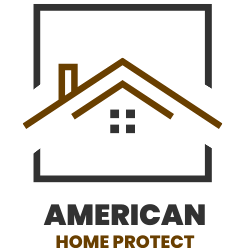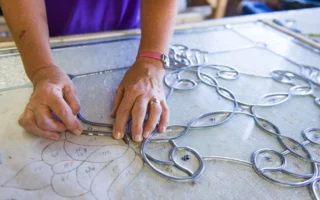When washing windows, the legality of doing so without a license can vary significantly from one place to another. Understanding local regulations is crucial for anyone considering this line of work.
While some states impose strict licensing requirements, others may allow homeowners or workers to wash windows freely. It’s important to know your state’s specific laws and guidelines.
Obtaining a window washing license often involves proving your skills and knowledge about safety practices, which can enhance your credibility in the industry. If you’re serious about making window cleaning a business venture, investing time into getting licensed could pay off in the long run.
For those who prefer not to pursue formal licensing, there are still ways to safely and effectively clean windows without running afoul of any laws. Knowing basic techniques and using quality supplies can lead you towards achieving great results.
If you choose to go ahead with window washing sans license, employing careful methods will ensure effectiveness and safety during your cleaning endeavors. It’s for personal use or offering services commercially, being informed is key.
What is a Window Washing License?

A window washing license is a certification that allows individuals or businesses to provide window cleaning services legally. This requirement ensures that industry employees adhere to safety standards and regulations.
Licensing often involves passing specific exams or completing training programs focused on best practices, equipment handling, and safety protocols. It’s not just about knowing how to clean windows; it’s also about understanding the risks involved, especially when working at heights.
Having a license can enhance your credibility with clients. It shows you are committed to professionalism and quality service. In addition, some states mandate insurance coverage linked with licensing requirements, protecting workers and clients from potential accidents.
States that require a Window Washing License
Some states have specific regulations regarding window washing. This is to ensure safety and professionalism in the industry.
For instance, due to its strict labor laws, California mandates that window cleaners obtain a license. New York follows suit, requiring a permit for commercial work. Florida also has guidelines in place, particularly for high-rise buildings.
Other states may not have explicit licensing requirements but still advocate for certification through training programs. These can enhance credibility and expertise among clients.
It’s crucial to check local regulations before starting any window-washing business. A quick look at state websites or consulting with regional authorities can clarify what’s needed in your area.
The Importance of Obtaining a License

A window washing license isn’t just a piece of paper; it represents professionalism and safety. It signals to clients that you adhere to industry standards. This credibility can make a significant difference in attracting business.
Licensing often requires training, ensuring you’re equipped with the skills needed for effective cleaning techniques. Understanding the proper use of equipment is crucial for efficiency and your safety on the job.
Being licensed can protect you legally. Having this credential may shield you from liability claims if an accident occurs while you’re working.
Clients appreciate knowing they hire someone who takes their trade seriously and operates within legal guidelines. The trust established through licensing can lead to repeat business and referrals over time, positively contributing to your community’s reputation.
Steps to Getting Licensed
Getting licensed for window washing involves a few essential steps. The first thing you should do is research the specific requirements in your state. Each location may have different rules regarding licenses.
Next, gather any necessary documents. This could include proof of insurance and identification. Many states want to ensure you are responsible and qualified before granting a license.
After preparing your paperwork, it’s time to apply. This process can vary widely between states but is usually straightforward.
Some areas require training or certification courses as part of the licensing process. Be prepared to learn best practices for safety and efficiency while working on Windows.
Alternatives to Getting a License
If there are other options available than obtaining a window washing license, other options are available. Freelancing or partnering with established companies can provide valuable experience without formal licensing.
You are offering your services to friends and family first. This way, you can hone your skills while building a portfolio demonstrating your expertise.
Networking is also crucial. Join local community groups or online forums where homeowners seek recommendations for cleaning services. Your visibility in the area will be enhanced as a result.
They are investing in training courses related to window cleaning techniques and safety practices. While these might not lead to official certification, they enhance your credibility significantly.
Tips for Successful Window Washing Without a License
To successfully wash windows without a license, start with the right tools. Invest in quality squeegees, scrubbers, and eco-friendly cleaning solutions. This enhances your results and keeps you compliant with safety standards.
Safety should always be a priority. Use ladders properly and consider wearing non-slip shoes to prevent accidents while working at height.
Always assess the building’s conditions before starting. Look for potential hazards like electrical wires or unstable surfaces that could pose risks during work.
Communicate clearly with clients about what they can expect from your service—this builds trust and ensures satisfaction.




